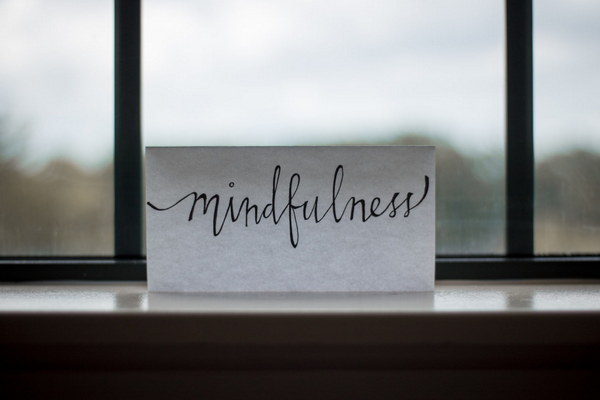Is It Effective to Give Children Lung-Clearing Medicines for Coughing
In the realm of pediatric healthcare, it is not uncommon for parents to seek immediate relief for their child's cough by administering lung-clearing medicines. These medications are designed to thin mucus and improve airflow in the lungs, but the question remains: are they effective for children? This article aims to explore the efficacy of lung-clearing medicines in treating coughs in children and provide parents with a comprehensive understanding of their use.

Firstly, it is important to understand that coughing is a natural reflex that helps the body to expel irritants and excess mucus from the respiratory tract. In many cases, a cough is a symptom of an underlying condition, such as a cold, flu, or allergies. While lung-clearing medicines may offer temporary relief for some children, their effectiveness is often limited.
The primary mechanism of action for lung-clearing medicines is to break down the mucus in the airways, making it easier to cough up and clear. However, in children, the mucus production is often more fluid and less thick than in adults, which means that the need for lung-clearing medications may not be as great. Moreover, the use of these medications in children should be approached with caution, as they may have adverse effects on their developing bodies.
One of the concerns regarding lung-clearing medicines in children is the potential for side effects. Some common side effects include nausea, vomiting, diarrhea, and stomach pain. In rare cases, these medications may also cause allergic reactions, such as hives, itching, or swelling. It is crucial for parents to be aware of these potential risks and to consult with a healthcare provider before administering lung-clearing medicines to their children.
In some instances, lung-clearing medicines may be appropriate for children with certain respiratory conditions, such as chronic bronchitis or cystic fibrosis. However, the use of these medications in such cases should be carefully monitored by a healthcare provider to ensure the best possible outcomes. It is essential to follow the prescribed dosage and duration of treatment, as overuse or misuse of these medications can lead to complications.
For most children with a common cough, alternative treatment options may be more effective and safer. These include:
1. Adequate hydration: Encourage your child to drink plenty of fluids, such as water, juice, or clear broth, to help thin the mucus and make it easier to cough up.
2. Humidification: Using a humidifier in the child's bedroom can help to increase the humidity in the air, which may reduce the severity of the cough.
3. Rest: Ensuring your child gets enough rest can help their body to recover more quickly from the underlying cause of the cough.
4. Over-the-counter cough suppressants: In some cases, a cough suppressant may be appropriate for children over the age of four. However, it is important to consult with a healthcare provider before administering these medications, as they may have side effects and may not be suitable for all children.
In conclusion, while lung-clearing medicines may offer some relief for children with coughs, their effectiveness is often limited and may come with potential side effects. It is crucial for parents to consult with a healthcare provider before administering these medications to their children and to explore alternative treatment options that may be safer and more effective. By working closely with a healthcare provider, parents can ensure that their child receives the best possible care for their cough.









